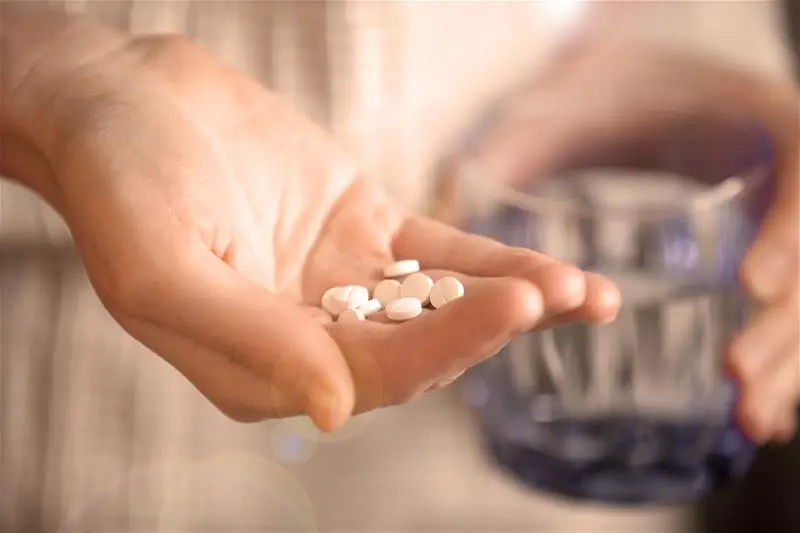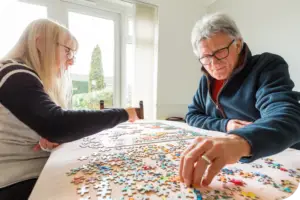By Jeremy Fejfar, PharmD
With the growing national awareness of the opioid epidemic, people have started asking how it affects them. This article looks at some of the myths about opioids and some of the ways people can partner with their doctors to find other treatments for pain relief that work and are safe.
Myth 1: Only addicts get addicted.
Truth: Addiction is only one part of opioid abuse. Opioids cause physical changes without the person showing actions of an addict. Two of the big physical changes a person may experience are –
- Tolerance – when it takes more and more opioids to get the same effect as it did before.
- Dependence – when the body feels withdrawal when regular opioid use is stopped.
Myth 2: If I have a prescription and I have been taking it for a long time, I am not at risk for an overdose.
Truth: Simply having a prescription for opioids puts you at risk for an overdose. Other factors that increase your overdose risk include –
- Age – people between the ages of 25 and 54 are at the highest risk1
- How long opioids are used
- Taking other prescription drugs
- Having some health conditions like depression,asthma or sleep apnea
Myth 3: In the emergency room (ER), opioids are the best pain reliever.
Truth: Pain is the number one reason why people go to the ER and they’re often given opioids for pain relief.2 However, St. Joseph’s Health in Paterson, New Jersey, reported that they cut opioid use in half and three-quarters of their patients experienced pain relief when they were offered other treatments including those that didn’t require a prescription.
Myth 4: Opioids are the best for chronic pain.
Truth: The Centers for Disease Control and Prevention recommends using other drugs and treatments as much as possible before turning to opioids for long-term pain relief. There is not enough research to say that opioids are even helpful in relieving long-term pain. In fact, one study showed some common over-the-counter drugs helped reduce pain more than opioids after a year.3
Myth 5: Doctor’s just want to stop my opioids and don’t care that they help my pain.
Truth: You may feel you aren’t being heard or are afraid of the pain getting worse if you stop taking your opioids. Other fears you may be experiencing are –
- Withdrawal and going through it alone
- Feeling a lack of control over how the pain is treated
Talking to your doctor can help. It gives you the chance to discuss how reducing or stopping opioids can help relieve
your pain and improve your quality of life.




